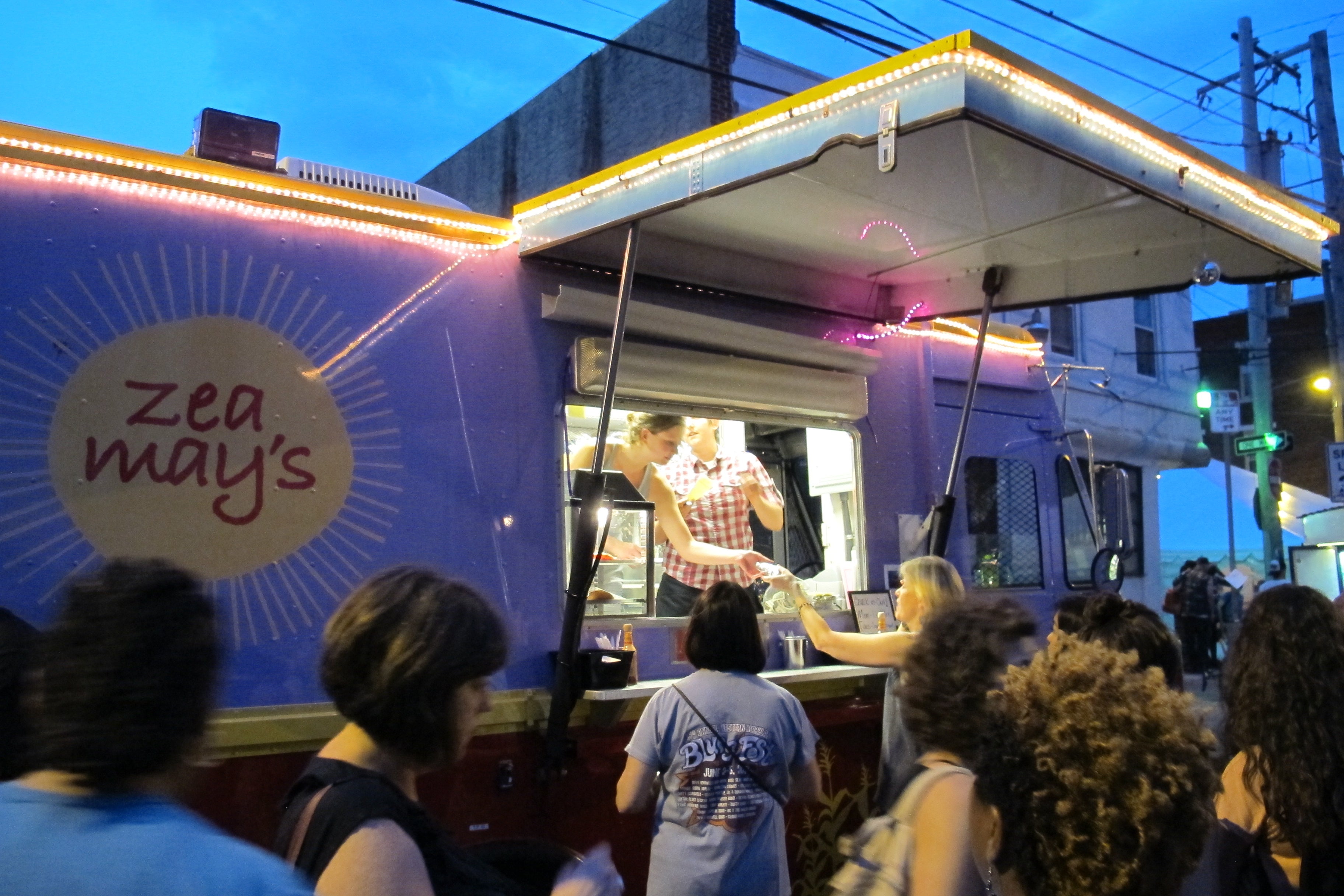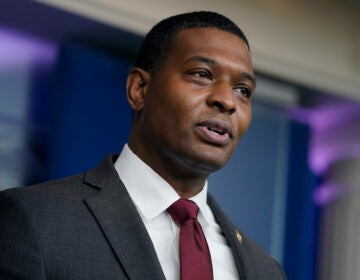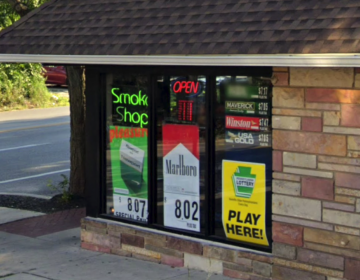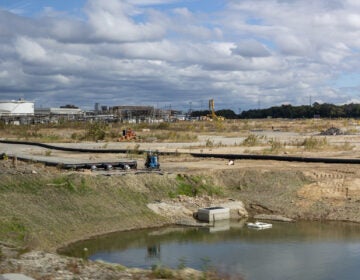September 12: Dark side, claw back | Post pop-up | ‘Gentrification tax’

Quite a bit on localizing economic development in today’s news:
“This is a dark side of our constitutional federalism, as it plays out in ‘economic development,’” cautions City Lab. As cities vie for Amazon’s affections, City Lab takes a look at the systems in place that allow companies to play states and localities against each other for massive tax breaks in the name of economic development. In Philadelphia, the Inquirer editorial board suggests levels of monitoring job creation, transparency, and accountability to not ‘give away the store.’ Back in April, Governor Wolf proposed a policy to claw back taxpayer money from companies that did not hold up their end of the job creation agreement.
After the sexy newness of a pop-up food festival leaves town, can neighborhoods sustain the benefits for local businesses? The Philadelphia Business Journal’s Alison Burdo looks at how Mt. Airy worked to maintain the success of a mobile food invasion from its Night Market days with the neighborhood-run Street Fare, and had to go back to the drawing board when the influx of visitors ended up hurting brick-and-mortar businesses on Germantown Avenue. In its newest life form, Supper Sessions works to bring it back to local—highlighting local businesses, not just restaurants, and keeping the crowds—and costs—small, which in turn makes local sponsorships possible.
Some politicians and activists look at rapid home construction and neighborhood change and “mistakenly conclude that lots of new construction is a threat to Philly’s affordability edge,” writes Jon Geeting, contributing to the Philadelphia Citizen. Part of the problem, Geeting argues, is that affordable housing advocates such as the Philadelphia Coalition for Affordable Communities act on the defense, and “however well-intentioned, tell a problematic political story in which new housing is having a negative impact on neighborhoods.” Geeting looks at an alternative model, Tax Increment Local Transfers (TILTS)—a concept in which cities encourage more market-rate development and give some of the proceeds to nearby neighbors and anti-displacement causes. For Philly, this could mean using the revenue to fuel the Philadelphia Housing Trust Fund, send checks directly to nearby neighbors, or provide housing vouchers.
Organizers have been slowing building a 1,300-mile biking and walking trail to connect the 9/11 sites in New York City, D.C., and Shanksville, Pennsylvania, WHYY’s Dave Heller reports. Heller observes the long and steady work required to build such an ambitious project, including nonprofit formation and passing local government resolutions to incorporate the trail in municipal networks. The trail, which has been in the works since 2001, has no completion date set; organizers say it could take decades.
Emergency call boxes on the PA Turnpike will soon become a relic of the past, writes the Inquirer’s Joseph A. Gambardello. The Turnpike Commission cites plummeting use with the rise of cell phones and pedestrian safety—standing at one of those yellow boxes on the highway put pedestrians at risk with “record traffic volumes, higher speed limits, and the prevalence of driver distraction.”
Philly’s love affair with public spaces: local officials, developers, and organizers will be discuss small changes that transform urban spaces at a very PlanPhilly happy hour this Wednesday, September 13th. Art Commission Chair Alan Greenberger, the Navy Yard’s Prema Gupta, the Land Bank’s Angel Rodriguez, PHS’s Matt Rader, and Wexford’s Joe Reagan make up the all-star lineup on this timely discussion. Have thoughts on what you want the panelists to talk about? Hit us up with your questions beforehand.
WHYY is your source for fact-based, in-depth journalism and information. As a nonprofit organization, we rely on financial support from readers like you. Please give today.







